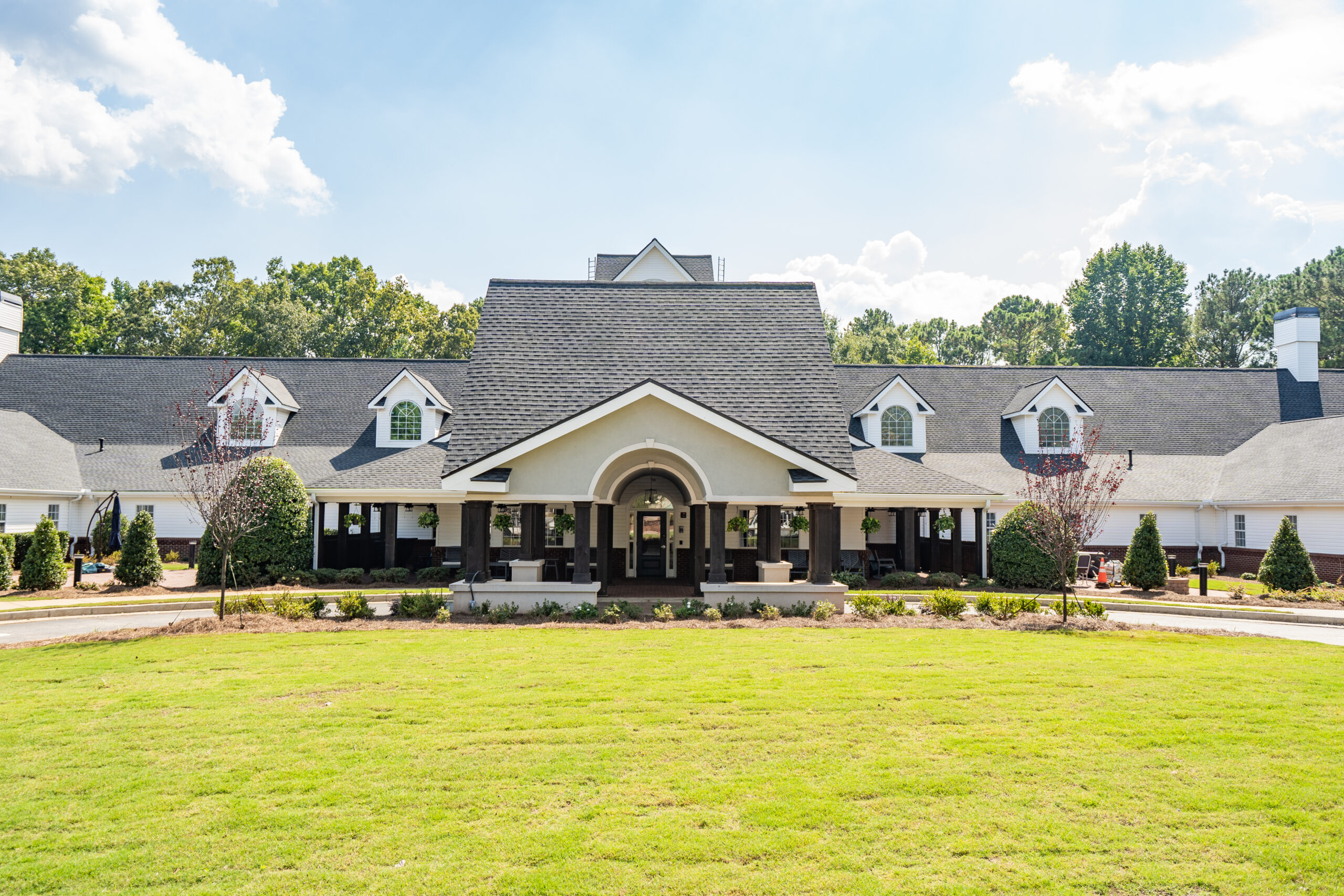Drug & Alcohol Rehab, Detox & Treatment Resources
Clayton is situated in Johnson County, not too far from Raleigh, the capital of North Carolina. The city has a population of 17,869 and is in many ways a satellite town for Raleigh, which is home to more than 450,000 residents. Clayton has a sizable industrial base that includes earthmoving equipment manufacturing as well as pharmaceuticals. Attractions in and around Clayton include three golfing communities, the Clayton Performing Arts venue and ample shopping. Just to the east, there’s the Clayton River Walk, a 32-mile route along the Neuse River from Clayton Falls to the Falls Lake Dam — it’s part of the beautiful Mountains-to-Sea Trail.
Although Clayton is a relatively quiet city, it borders on Wake County, which is experiencing a serious surge in deaths due to drug overdoses. According to information released by the Office of the Chief Medical Examiner for North Carolina, in 2016 there were a total of 82 deaths in Wake County arising fromfentanyl, fentanyl equivalents andheroinoverdoses. A common problem is that heroin is often laced with fentanyl or its derivatives by dealers and given to users who are unaware of this combination. What’s more, many of those who previously used prescription opioids are turning to these drugs now that it’s more difficult to legally obtain pain medication.
The North Carolina legislature is extremely concerned about the abuse of all opioids and has recently signed into law a bill limiting access to prescription opioids to reduce the number of legal painkillers available. Additionally, police are routinely carryingnarcanspray for use as an antidote in cases of opioid overdose. And for those wanting to stop misusing drugs or alcohol, there’s a number drug rehab centers in Clayton that provide help. Additionally, assistance is easy to obtain from a national network of rehabilitation clinics.
Finding Help & Recovery in Clayton, NC
Patients should seek counseling and guidance as to the best form of rehabilitation treatment related to their dependency. The focus of rehabilitation is always to help patients reach the point where they’re able to function effectively in society and to have the willpower and ability to avoid drugs and alcohol. It’s important to take your own lifestyle needs into account as you choose the program type that’s right for your needs, but you may also want to consider the financial aspect of your chosen program and whether your health insurance covers it.
Clayton Drug & Alcohol Detox Centers
The first phase of rehabilitation is detoxification. During this process, patients are weaned off the addictive substance they were using. Detoxification generally takes between three and seven days depending upon what substance the individual was using. When complete, patients’ bodies are free from all traces of the substance they were using and they’re no longer physically dependent on the substance. During detoxification, patients go through a process of withdrawal that can bring with it symptoms such as cravings, discomfort and nausea. For this reason, a medically supervised Clayton drug detox is recommended because patients are given medication to relieve those symptoms. Additionally, patients who have been misusing substances for an extended period of time may be in poor health, and their physical condition is easier to monitor during medically supervised detoxification.
Apart from Clayton drug treatment facilities, there’s a number of resources offering help and rehabilitation in Johnson County, in the adjacent Wake County and throughout North Carolina. Considering a treatment program outside your familiar area can help you get a fresh start in a new environment, where it’s easier to create new lifelong habits.







